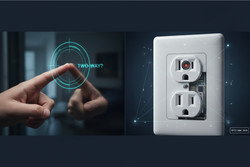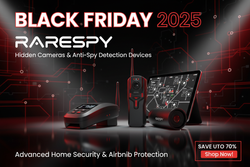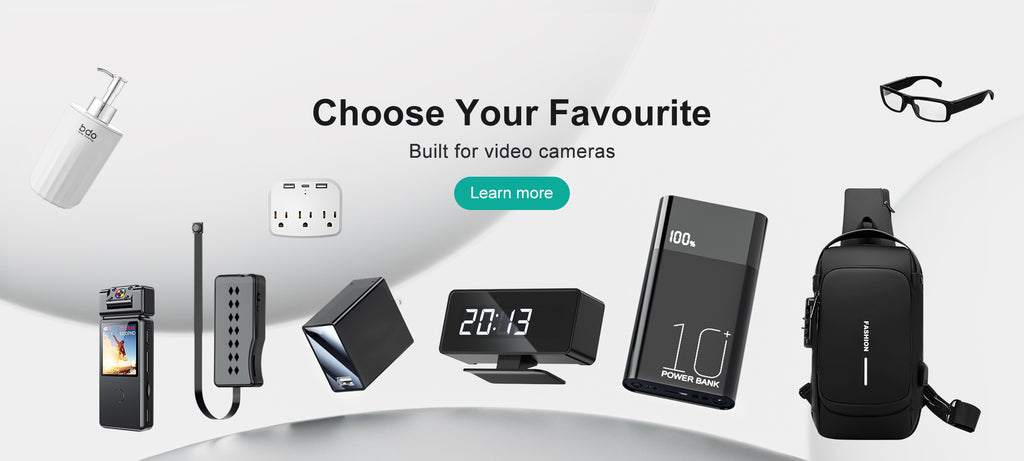“I discovered a camera concealed behind the mirror" – Exploring the worldwide increase in covert surveillance within personal spaces
When Lina relocated to her short-term rental apartment in Barcelona, she was taken aback to discover a small blinking light hidden behind the bathroom mirror. It turned out to be a camera, camouflaged as part of the lighting fixture.
“I couldn’t believe it,” she states. “You always hear about such incidents happening to others – but this time it was me, in a private space, being observed.” Throughout Europe, North America, and certain regions of Asia, the prevalence of concealed cameras in residences, hotels, changing rooms, and rental properties has surged – along with reports of unlawful surveillance.
Experts attribute this increase to the availability of cheaper, more compact camera technology and the inconsistency of global legal frameworks.
“This represents digital voyeurism on a large scale,”
asserts Dr. Emily Vargas, a privacy rights advocate. “The threshold for engaging in this type of crime has significantly decreased.”
In 2024 alone, the UK documented a 27% increase in voyeurism-related crimes involving spy cameras, with similar trends observed in South Korea, the United States, and Germany. Many of these devices are smaller than a coin, frequently integrated into USB chargers, alarm clocks, or even electrical outlets. In spite of the escalating threat, legislation remains inconsistent. Some nations, such as South Korea, have implemented stringent measures, including mandatory inspections of public restrooms and severe prison sentences.
Others are lagging, depending on outdated privacy laws that necessitate a victim to demonstrate harm before legal action can be initiated. Airbnb and other rental platforms have revised their policies to prohibit surveillance devices – yet critics argue that enforcement is nearly unfeasible.
“It’s a crisis of trust,” remarks cybersecurity analyst Jeremy Cole. “Guests are turning into detectives in their own accommodations, searching for devices instead of unwinding.”
The psychological impact is profound. Victims report experiencing insomnia, paranoia, and a long-lasting decline in their sense of personal safety. For Lina, the experience has left an indelible mark.
“Now every mirror, every smoke detector – I inspect them all,” she shares. “I don’t feel secure anywhere.”
Responsible Use: When Hidden Cameras Help Instead of Harm
While stories of abuse make headlines, hidden cameras also serve a legitimate and vital purpose when used ethically and within legal frameworks.
From monitoring elderly care at home to enhancing property security or documenting workplace misconduct, discreet surveillance devices can protect the vulnerable and provide peace of mind for families, business owners, and law-abiding individuals alike.
“It’s not the technology that’s the problem,” says Dr. Vargas, “but the intention behind how it’s used.”
Today’s advanced mini cameras offer high-definition footage, motion detection, and secure cloud storage – all in devices no larger than a thumb drive. When installed transparently, with proper disclosure and legal compliance, these tools can help deter theft, collect evidence in disputes, or ensure safety for loved ones.










